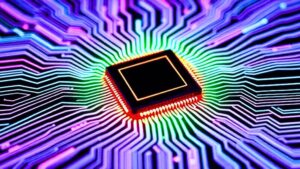Galileo Galilei was a prominent Italian physicist, mathematician, and astronomer who lived in the late 16th and early 17th centuries. He is widely regarded as one of the most important figures in the history of science and is remembered for his groundbreaking work in astronomy, physics, and mathematics.
Galileo was born in Pisa, Italy, in 1564. He studied at the University of Pisa, where he was interested in mathematics and natural philosophy. He later became a professor of mathematics at the University of Padua, where he conducted experiments and developed his ideas about motion and mechanics.
One of Galileo’s most significant contributions to science was his development of the telescope, which he used to observe the heavens and make groundbreaking discoveries about the solar system. In 1609, he discovered four large moons orbiting Jupiter, which he called the “Medicean stars” after the ruling family of Florence. This discovery provided compelling evidence to support the Copernican theory that the Earth and other planets orbit the sun, rather than the Earth being the center of the universe.
Galileo’s support for the Copernican theory brought him into conflict with the Catholic Church, which at the time maintained that the Earth was the center of the universe. In 1632, Galileo published his book “Dialogue Concerning the Two Chief World Systems,” which presented arguments for the Copernican theory. The Church accused him of heresy, and Galileo was placed under house arrest for the remainder of his life.
Despite his persecution, Galileo continued to make important contributions to science, including his work on the laws of motion and his development of the pendulum clock. His discoveries paved the way for modern astronomy, and his insights into the nature of the universe have had a profound impact on scientific thought.
In conclusion, Galileo Galilei was a visionary scientist who challenged the prevailing ideas of his time and made groundbreaking contributions to the fields of astronomy, physics, and mathematics. His discoveries revolutionized our understanding of the universe and helped lay the foundation for modern science. Galileo’s life and work serve as a reminder of the importance of scientific inquiry, the pursuit of knowledge, and the courage to challenge conventional wisdom.










